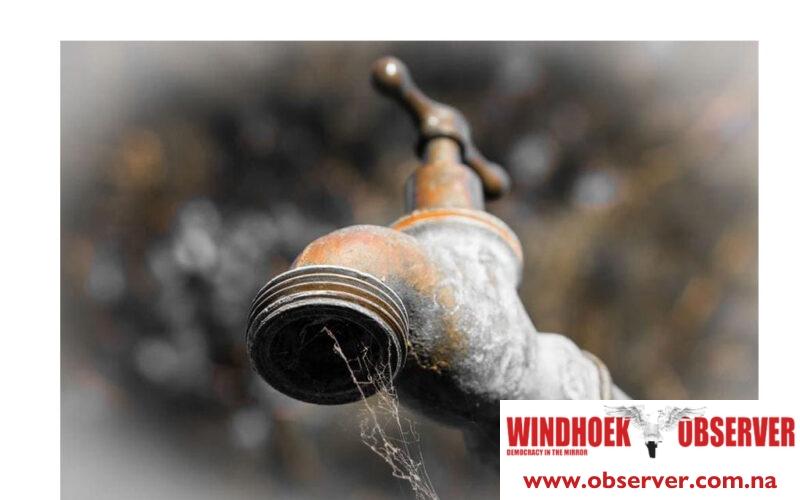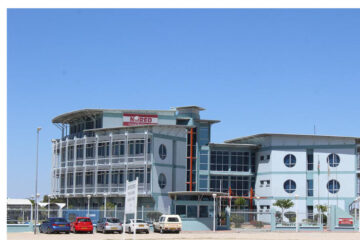Martin Endjala
The City of Windhoek is not currently in a water shortage crisis, but it is grappling with an imminent water security issue due to low rainfall.
According to the city’s chief executive officer, Moses Matyayi, the city’s water supply heavily depends on dams filled by seasonal rains, and inadequate rainfall has strained the water reserves.
He said that, as a result, NamWater, which is the city’s primary water supplier, is unable to adequately supply enough water.
He added that the city now needs to find ways and means to cope with the current water shortage.
“So what we normally do in Windhoek is, we bank water. We buy water from Namwater and then we pump it into our boreholes, and then it goes to our aquifer to store it on a timeline,” he said.
At the moment, they have resorted to supplying water from the aquifer, which Matyayi said can provide water for up to about three years.
“This is with the hope that it rains next year,” he said.
According to him, should it not rain in the next few months, the capital will find itself in a water crisis.
“What it means is that we now need to start preserving the little water we have because, with the water we have, we are not complementing it with the supply of water from NamWater. We are just taking in water from the boreholes, which could get dry and the water is less,” he cautioned.
He stated that a combination of boreholes and reclamation feeds the system with water.
As of 1 September, the City of Windhoek will impose restrictions on water usage pertaining to various activities across the capital.
These include outdoor watering and turf grass irrigation, which will only be allowed for semi-purified private ones per week.
No watering is allowed from October 2024 to April 2025, from 09h00 to 17h00.
Home car washes are not allowed; only certified car washes are allowed.
The opening period for public pools will be reduced.
Outdoor fountains and waterfalls will not be operated, and no new ponds will be built.
The City of Windhoek also urged commercial industries, such as tourism, to apply restrictions on laundry and water use.
The construction sector is advised to use only semi-purified water to help save drinking water.
“Reduce the water supply by 15% and close mains water when not used. No leak rebates. No leaks tolerated,” read the notice.
NamWater’s spokesperson, Lot Ndamanomhata, said NamWater remains committed to ensuring that every Namibian has access to potable water and is moving steadily towards universal water access.
To address water scarcity in the country, Ndamanomhata revealed that NamWater has embarked on an ambitious journey to enhance water infrastructure, marking a significant milestone with the groundbreaking of four major projects valued at over N$1 billion.
The water utility has asked residents of four northern regions, including Kunene and OATF attendees, to use water sparingly during the upcoming Ongwediva Annual Trade Fair (OATF), which will take place this week from 23 to 30 August.
“We are entering the summer months, a period during which the Business Unit North-West (BUNW), encompassing the Kunene, Omusati, Oshana, Ohangwena, and Oshikoto regions, typically experiences suppressed demand—higher demand for potable water than our current production and supply capabilities can meet,” he argued.
He explained that the strain on the water supply capabilities is expected to increase.
“Hence, NamWater is taking proactive steps to mitigate the impact of increased water demand, including raising potable water storage in its reservoirs across the business unit north west areas and deploying water tankers to areas where the need will be highest,” he said.
The utility has called on brickmakers and construction workers to curtail operations or plan for the rainy season.
Ndamanomhata advised residents to immediately report any vandalism to the canal or l breaks to their nearest NamWater office.




